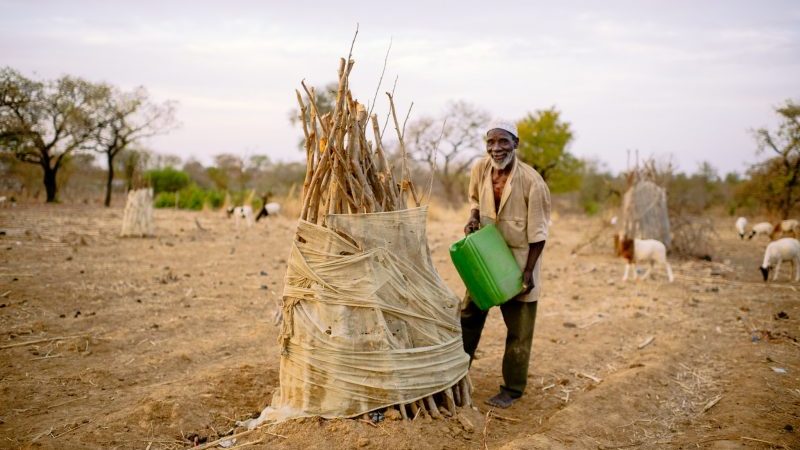Climate finance is, as always in the global climate debate, expected to be a key topic at the next climate summit in Bonn, in November.
The need for climate action support is obvious, but when the bill is up for discussion it is difficult to agree. Still, without progress in talks about climate finance it is difficult to reach agreement on other issues.
On Tuesday, EU finance ministers meet in their Council, ECOFIN. One of their tasks is to agree a position about climate finance, prior to the summit in November.
With ambitious and fair commitments from their Council meeting, they may give the EU a strong voice in the negotiations, and an opportunity to unlock existing conflicts. But what should such a position include?
- Support to adaptation
Right now, finance ministers should have a bad conscience. EU has, since the debate about climate finance started, failed to deliver on its commitments to support adaptation in developing countries which is urgently needed in order to cope with the impacts of climate change.
Even though there is an agreement to balance the support between adaptation and mitigation (cutting emissions), mitigation always seems to be favoured in the end. A report from OECD in 2015 showed that only 16% of climate finance was allocated to adaptation, while 77% went to mitigation.
One reason is that mitigation projects are better in attracting private finance, while adaptation rely mostly on public funds. A good move from ECOFIN would be a commitment to allocate more of the public funds to adaptation, and leave a bigger portion of the mitigation support to private investors.
- Transparency
Finance ministers may claim that big amounts of money are spent as climate finance. However, current accounting practice makes it difficult, if at all possible, to follow the money.
A recent analysis of Danish climate finance point at several problems with the current practice, including lack of transparency. Accounting is one of the important topics in the UN climate talks, and ECOFIN could send an encouraging signal to developing countries by acknowledging that there is need for more clarity on how to count, and which funds to use.
- No double counting
When developing countries started to call for climate finance, they did this because of a concern that climate change brings additional problems to their countries. Problems which to a large extent are caused by emissions in other countries. This concern was transformed into an agreement, that climate finance should be “new and additional”.
However, as confirmed by OECD, the major part of current climate finance flows is also reported as ordinary development aid. From a developing country perspective, this is troubling.
Total flows of development aid are not increasing, and as a consequence allocations to climate change may lead to reduced support for democracy, education, health care and other important development areas.
ECOFIN could ease tensions with developing countries by taking clear commitments to improve accounting rules in order to avoid double counting in the future, and promising that increased climate finance won’t lead to reduced support to other development areas.
- Loss and damage
The Paris agreement, adopted in 2015, acknowledged that climate change may lead to losses and damages, and that this is a dire reality people face when mitigation and adaptation measures are insufficient. These situations may occur because of dramatic weather events such as hurricanes, but can also come due to slow onset disasters such as constant droughts or sea level rise.
However, current climate finance discussions do not refer to loss and damage, which is worrying to developing countries. The EU has generally been concerned to avoid liability for compensation and thus reluctant to establish a clear narrative around “loss and damage”, as the subject is known in UN jargon.
ECOFIN could send a comforting signal by acknowledging that finance support related to loss and damage is needed, and that UN climate talks must deliver a plan for how to mobilize this support.
EU could become one of the central players at the climate summit in Bonn in November. With a strong mandate, EU finance ministers could show leadership, and facilitate progress in the talks, engaging parties from all over the word. With little time to lose the EU should take this opportunity to regain global trust and become the driver for ambitious climate action.
Mattias Söderberg is senior advocacy advisor at DanChurch Aid and Martin Vogel is co-chair of the ACT Alliance EU climate change working group.
